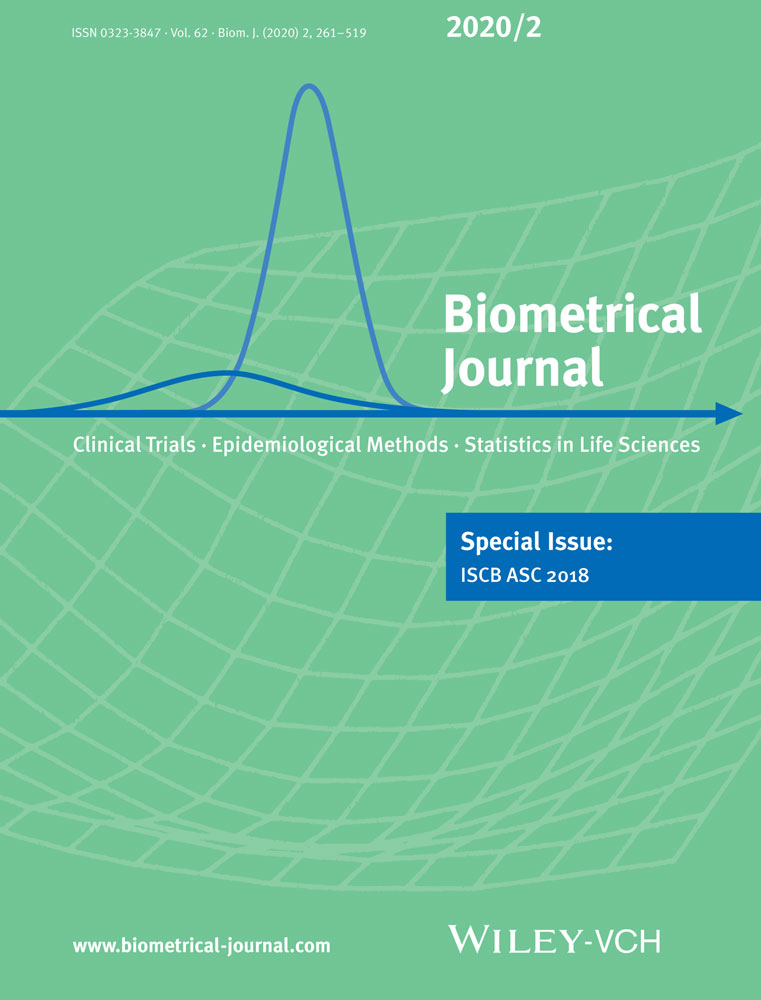An optimal Bayesian predictive probability design for phase II clinical trials with simple and complicated endpoints
Abstract
Most existing phase II clinical trial designs focus on conventional chemotherapy with binary tumor response as the endpoint. The advent of novel therapies, such as molecularly targeted agents and immunotherapy, has made the endpoint of phase II trials more complicated, often involving ordinal, nested, and coprimary endpoints. We propose a simple and flexible Bayesian optimal phase II predictive probability (OPP) design that handles binary and complex endpoints in a unified way. The Dirichlet-multinomial model is employed to accommodate different types of endpoints. At each interim, given the observed interim data, we calculate the Bayesian predictive probability of success, should the trial continue to the maximum planned sample size, and use it to make the go/no-go decision. The OPP design controls the type I error rate, maximizes power or minimizes the expected sample size, and is easy to implement, because the go/no-go decision boundaries can be enumerated and included in the protocol before the onset of the trial. Simulation studies show that the OPP design has satisfactory operating characteristics.
CONFLICT OF INTEREST
The authors have declared no conflict of interest.




